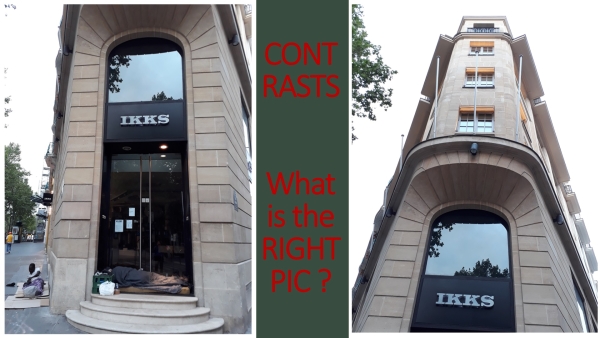
Jose Rodolfo Hernandez-Carrion
The research focuses on new narratives on the economy based in urban art and culture innovative processes and formats. The main purpose of the secondment is to detect new possibilities for the “collaborative economy”; which is the term promoted by the European Union as a future environment for developing business and cultural projects to bring wealth and opportunities for citizens belonging to every single region in Europe. Being at Paris, capital and heart of creative urban developments for this particular approach of the “sharing economy”, the opportunity to work at Relais Culture Europe can enrich a global perspective in order to understand better the potential, possibilities and reality of this 3rd/4th Industrial Revolution, which is going to transform every single aspect of our lives. The aim of the research is to embrace an adventurous journey of an economist in contact with different professionals, looking for challenging works, meeting open souls, and experiencing diversity of thought about what arts, culture and creative performances would provide to this revolutionary economic approach. Participating in the exchange of innovative ideas could be the origin for new conceptions to build a new economy/society from a democratic and digital challenge. Culture and space performance combined through visual storytelling of the new economics can be captured by precise photography. How cities and citizens, artists, and professionals, respond and react to the economic challenges that the world is facing today in a digital revolution associated with more connectivity and covid-19. How society deals with the so-called platforms neo-capitalism of the 21st century, consequence of new possibilities opened by the sharing economy platforms.
